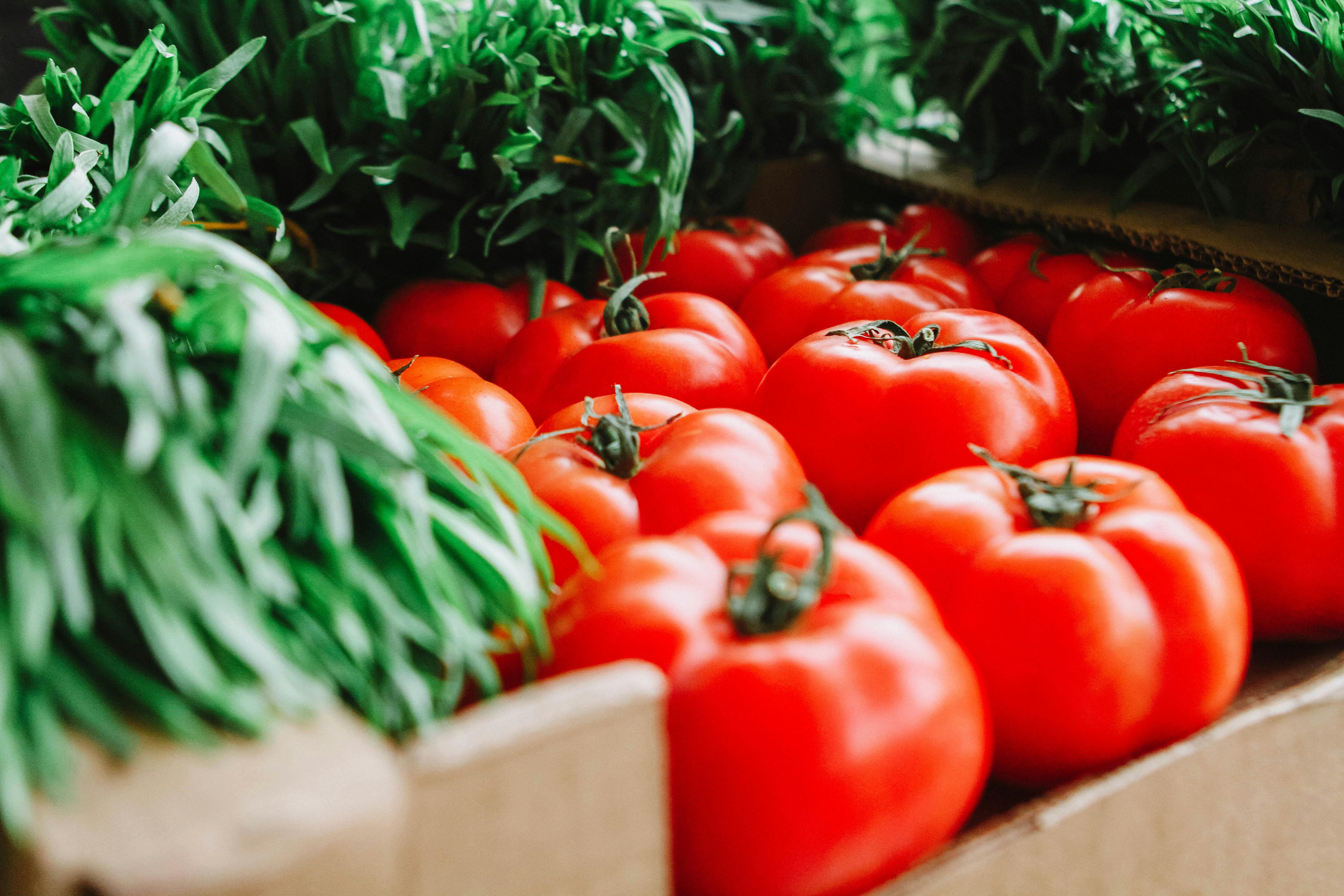
Apply Now


Essential Guide to a 30-Day IBS Diet Plan for Better Digestion
The 30-Day IBS Diet Plan is designed to specifically cater to individuals suffering from Irritable Bowel Syndrome (IBS), supporting their journey towards better digestion and improved gut health. IBS is characterized by a cluster of digestive symptoms such as bloating, stomach cramps, and altered bowel habits, making the management of diet paramount. The right nutritional approach not only alleviates symptoms but also nurtures a healthy gut microbiome, ensuring optimal digestive function. The benefits of following an IBS diet are numerous. By incorporating IBS-friendly foods, individuals can reduce the frequency and intensity of symptoms. Utilizing a low FODMAP diet is particularly effective, as it limits fermentable carbohydrates that may trigger uncomfortable symptoms for many individuals. Furthermore, focusing on a balance of dietary fiber, hydration, and mindful eating practices can enhance nutritional absorption and stability, thereby augmenting overall health. This article serves as a comprehensive roadmap, guiding readers through meal planning, individualized dietary approaches, and healthy cooking techniques for IBS. By the end, you will be equipped with tips for effective meal prep, an understanding of symptom management, and access to delicious IBS-friendly recipes to ease you through this food exploration. Let’s embark on this journey to enhance your digestive health and vitality!How to Structure Your 30-Day IBS Meal Plan
Building on the fundamentals of IBS management, creating a structured meal plan is key to navigating dietary changes seamlessly. A well-designed meal plan addresses not only food choices but also incorporates meal timing and portion control, ensuring that you remain nourished throughout the day.Identifying IBS-Friendly Foods
To effectively follow your 30-day IBS diet, begin by identifying foods that are gentle on your digestive system. This includes low FODMAP options like bananas, carrots, gluten-free grains, and lean proteins. Incorporating soluble fiber is vital, as it helps regulate bowel movements and reduce symptoms of bloating and discomfort. Examples of IBS-friendly foods are: - **Gluten-Free Grains:** Quinoa and rice provide necessary carbohydrates without aggravating symptoms. - **Lean Proteins:** Chicken and fish contribute to meal variety while being easy on digestion. - **Fruits and Vegetables:** Opt for ripe bananas, blueberries, or zucchini which are well-tolerated by most IBS sufferers. Avoiding high FODMAP foods like garlic, onions, and certain legumes can significantly reduce symptoms, offering better digestive health.Meal Prep Habits for IBS
Meal prep is an effective strategy to stick to your diet plan while minimizing stress around food decisions. Preparing meals in advance ensures that you have accessible, IBS-friendly meals, reducing the risk of choosing trigger foods when hunger strikes. A few practical tips for meal prep include: - **Batch Cooking:** Prepare a base recipe, like a quinoa salad, that can be diversified with different toppings throughout the week for variety. - **Use Portion Control Containers:** These help manage meal size and prevent overeating, which is a common pitfall of those with IBS. - **Plan for Snacks:** Healthy IBS-safe snacks, such as almonds or rice cakes with peanut butter, can help maintain energy levels and control cravings.Incorporating Probiotics and Prebiotics
An important aspect of an IBS diet includes nurturing the gut microbiome through the inclusion of probiotics and prebiotics. Probiotics are beneficial bacteria that enhance gut flora and can be found in foods like yogurt and fermented dairy, while prebiotics, soluble fibers that feed these bacteria, are present in foods like oats and bananas. For a stronger digestive support, consider these methods: - **Integrate Fermented Foods:** Such as kefir or sauerkraut, which are rich in probiotics. - **Balance Prebiotic Foods:** Inclusion of high-prebiotic foods can support the gut microbiome. Incorporating these foods can offer significant digestive assistance, fostering a healthier balance within your gut.Managing IBS Symptoms through Nutrition
With basic meal structure established, it's essential to implement strategies that focus on symptom management effectively. This phase addresses emotional and physical responses to foods, reinforcing a holistic approach to digestive health.Food Triggers and Avoidance Strategies
Identifying your unique IBS triggers is a vital step in effective meal planning. While certain foods like beans or cauliflower may be problematic for many, others could tolerate these but react to lactose or gluten. Keeping a symptom journal can help pinpoint personal triggers and refine your meal choices accordingly. Strategies to mitigate trigger exposure include: - **Elimination Diet:** Test certain foods like dairy or gluten, to assess symptom correlation. - **Food Journaling:** Document meals and symptoms to recognize patterns and make informed dietary changes.Mindfulness Eating Techniques
Mindful eating encourages a deeper awareness of the eating experience, aiding in digestion and symptom relief. Implementing mindfulness strategies such as: - **Eating Slowly:** Helps in recognizing fullness cues and minimizing overeating, which is crucial for those managing IBS symptoms. - **Hydration Awareness:** Maintaining hydration helps in digestion; drinking enough water could prevent dehydration, which can aggravate symptoms. Adequate hydration strategies can support digestion and nutrient absorption, crucial for overall gut health.Nutrition Tips for Boosted Digestive Health
To support optimum digestive health, consider these nutritional tips: - **Balance Meals:** Focus on a combination of proteins, carbohydrates, and fats in each meal to maintain energy levels. - **Hydration:** Stay hydrated by drinking water throughout the day, particularly during meals. - **Stress Management Techniques:** Engage in stress reduction practices like yoga or meditation, as stress can heavily impact IBS symptoms. Implementing these nutrition tips can drastically improve digestive resilience and enhance life quality.Delicious IBS-Friendly Recipes for Every Meal
Recipes play a central role in making the 30-day IBS diet enjoyable while meeting dietary restrictions. Focusing on whole foods and addressing individual preferences allows the meals to be both nutritious and appetizing.Healthy Breakfast Ideas for IBS
Starting your day with an IBS-friendly breakfast is crucial for fueling your body. Here are a few nutritious options: - **Overnight Oats:** Prepare oats with almond milk (lactose-free), topped with banana and chia seeds for added fiber and nutrients. - **Smoothie Bowl:** Blend spinach, lactose-free yogurt, and a banana for a filling and gut-friendly breakfast. Creating these recipes allows you to maintain a balance of nutrients essential for IBS management while indulging in flavors.Wholesome Lunch Options
Lunch should refuel you without irritants. Consider the following: - **Quinoa Salad:** Combine cooked quinoa with diced vegetables like bell peppers, cucumbers, and olives. Drizzle with olive oil and lemon juice. - **Rice Wraps:** Fill rice wraps with shredded carrots, cucumber, lettuce, and a protein source like chicken for easy digestion. These meal ideas offer variety and are quick to prepare, supporting your ongoing dietary transition.Comforting Dinner Recipes
Dinner can be soothing after a busy day. Try: - **Stir-fried Vegetables:** Cook seasonal vegetables lightly in a safe cooking oil, served with tofu or lean meats over brown rice. - **Baked Fish:** Opt for a dish like baked salmon seasoned with herbs and served alongside steamed vegetables. These comforting meals are not only easy to prepare but also support gut health with anti-inflammatory properties.
Exploring the Role of Hydration and Stress Management
As we wrap up our dietary journey, it is important to recognize the significance of balancing hydration and managing stress in the context of IBS.Hydration Strategies for IBS Management
Hydration is vital for digestion and overall health. I recommend: - **Tracking Water Intake:** Aim for at least 8 cups daily, adjusting this based on your activity level and climate. - **Incorporate Herbal Teas:** Ginger or peppermint tea can soothe the stomach and improve digestive comfort. By focusing on hydration, you help your body process food effectively, facilitating nutrient absorption and regularity.Stress Reduction Techniques
Lastly, stress can exacerbate IBS symptoms, making stress management vital. Techniques to consider include: - **Regular Exercise:** Engage in low-impact activities like walking or swimming to reduce stress levels. - **Mindfulness Practices:** Incorporate daily mindfulness or meditation to enhance mental calmness and clarity, aiding in digestion. By addressing stress, you create a more hospitable environment for digestion, effectively managing IBS symptoms.